What do you do when someone takes credit for your idea?
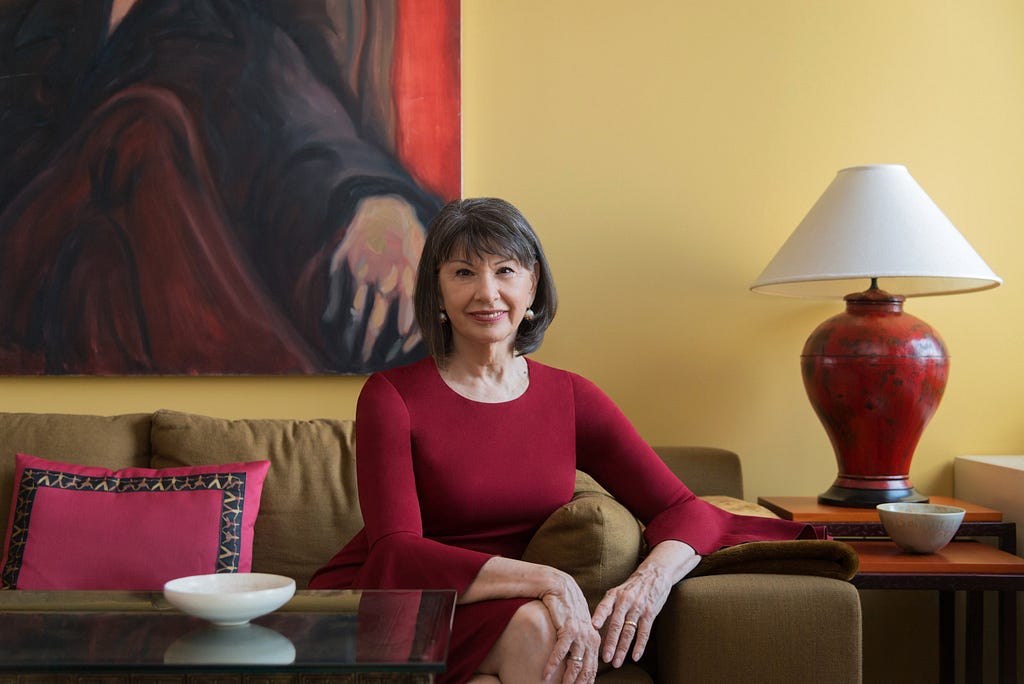

Issue 71 — October 22, 2018
USC Associate Professor and founder of the Annenberg Inclusion Institute Stacy Smith was spitting nails. “Nothing makes me angrier than when someone takes credit for my work,” she said.
Smith and I were on a panel at Universal Music’s first She Leads program in Los Angeles. That morning before the panel, I led a workshop on “The Three Powers of Executive Intention.” The women selected for the program had been identified as rising stars. Perhaps I should say “rock stars” given that it’s the music industry.
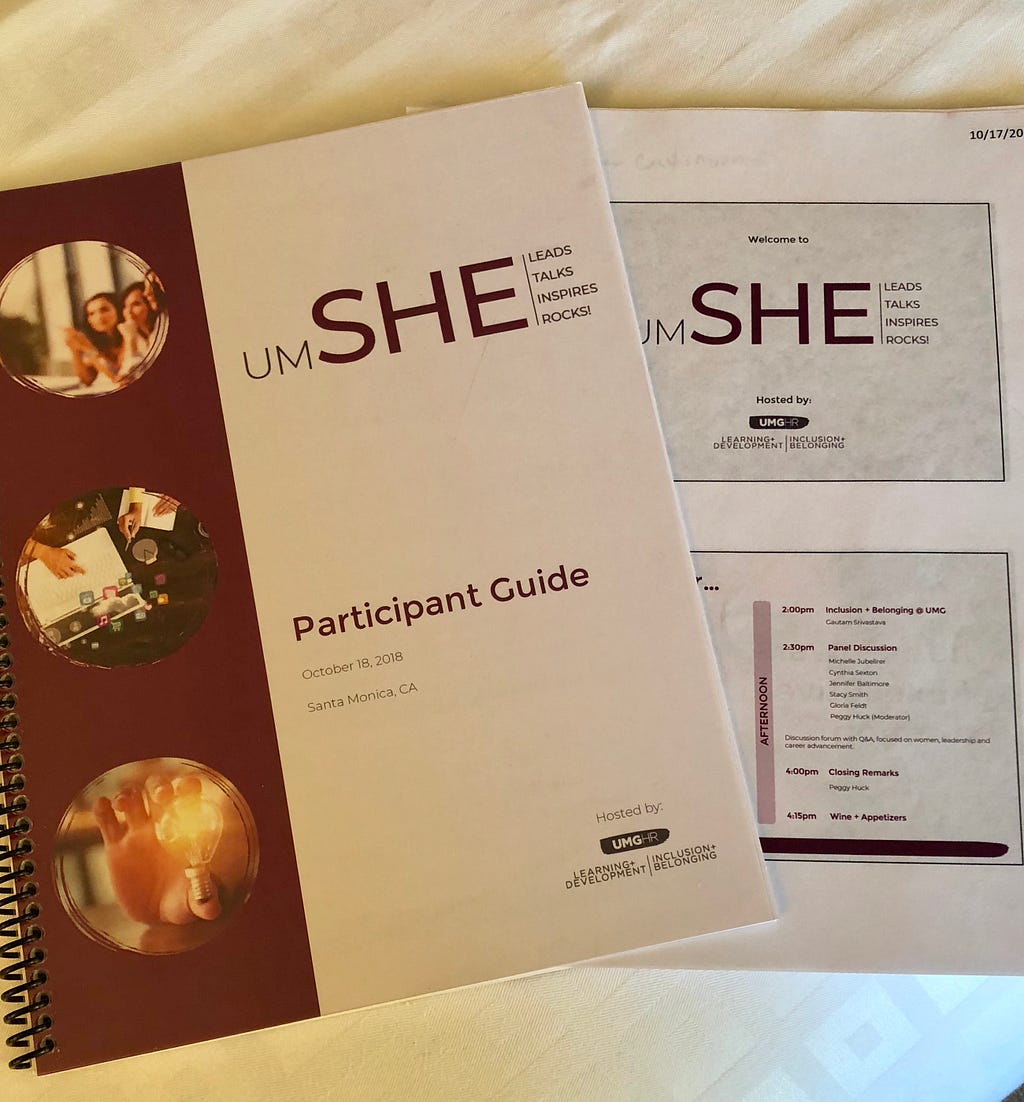
Participant notebook for workshop on “The Three Powers of Executive Intention”
We all knew how Smith felt.
Several women in the group had that morning raised questions during the workshop about how to handle situations where they suggest an idea and it is ignored. Then 10 minutes later a man offers the same idea and it’s applauded. They’re left feeling frustrated, voiceless, their hard work unacknowledged.
If there is one universal experience women have shared with me over the years I’ve been doing leadership development work, it’s that exact scenario.
In fact, that very afternoon, I was feeling the sting of just such an appropriation of my ideas.
During the lunch break, I’d looked at my emails to find messages from friends expressing dismay that New York magazine had a big spread in “The Cut” on women’s relationship with power and not cited me.
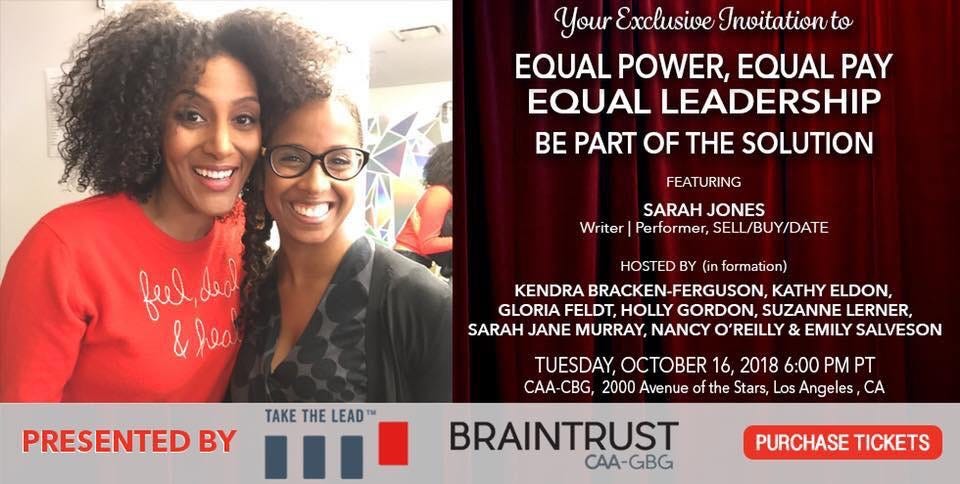
The title of this event says it all.
The article literally used much of my terminology. For the past 10 years, I have been researching, writing (including my book No Excuses: 9 Ways Women Can Change How We Think About Power), speaking, and even cofounding Take The Lead on my premise that in order to reach leadership gender parity, women must redefine the power paradigm and embrace the significant power they have with confidence, authenticity, and joy.
In my works, I observe in detail women’s culturally learned ambivalent relationship with power. And I describe how that relationship is so personal as to be almost spiritual in nature.
The Power of an Idea Whose Time Has Come
Now, I know that, as Victor Hugo famously said, “No force is strong as an idea whose time is come.” And a mentor taught me that information leaks like water, spreading naturally so you cannot contain it.
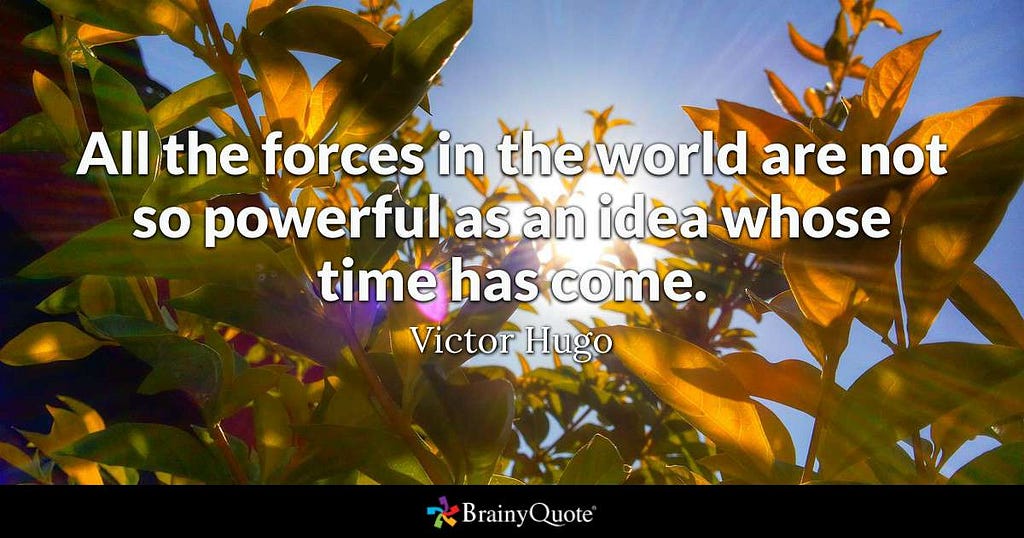
Certainly the #metoo and Time’s Up movements have recently emanated from women’s voices raised against objectification, harassment, and assault. This has opened up new conversations about old topics. I’m thrilled that after years of my saying it, most people are now realizing these issues are about power more than sex, and that the solution is to balance the gender power.
The movement builder in me wants to say this is great. My purpose after all is to get these ideas into the cultural blood stream so that behaviors will change for the better.
Still, it stings. It stings badly when my ideas are appropriated.
You know you’re making an impact when other people start using your ideas without attribution. But for all women who are struggling to be heard and acknowledged, allowing our ideas to be used without acknowledgement because we believe in a cause or a business proposal is asking for more selflessness than we should expect from ourselves or others.
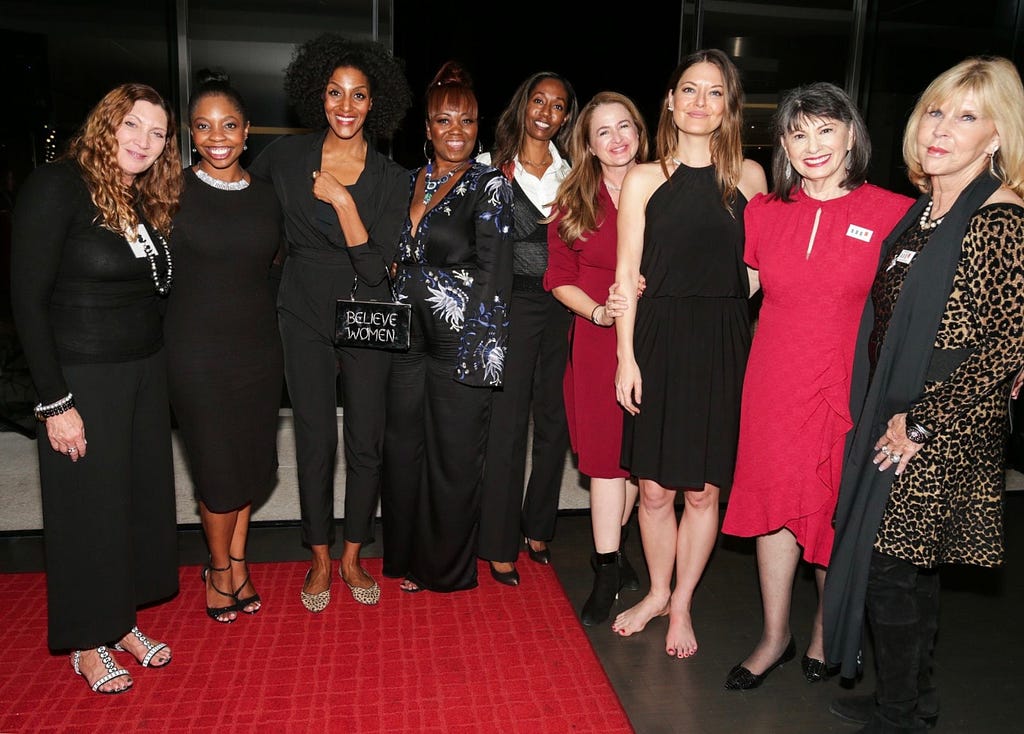
Some of our powerful host committee and performers exemplify women supporting and amplifying other women, L-R:
(
CEO
Michael Stars), Kendra Braken-Ferguson (Chief Digital Officer,
CAA
Braintrust), the inimitable
creator/actor of Sell/Buy/Date) rocking her Believe Women bag,
, (Take The Lead Leadership Ambassador and Leadership Brand Advisor),
(Editor-in-Chief of Vanichi Magazine and
50 Women Can Change the World in Media and Entertainmen
t cohort member),
(writer/producer/professor and 50 Women Can Change the World in Media and Entertainment cohort member),
l (powerful poet/performer/founder of She Is Rising,
(Cofounder and President of Take The Lead), and
(Founder and President of Women Connect 4 Good and board chair of Take The Lead)
What to do?How do we claim rightful credit?
Here are seven tips I’ve found helpful.
1. Always have the meeting before the meeting. Find out who aligns with your ideas, female and male, and enlist them to support you when you present them in the formal meeting. Chat with the meeting chairperson beforehand and make sure you are on the agenda with clear framing of why you will be presenting your idea.
2. Employ the amplification technique like the women in the Obama administration did to elevate each other’s voices. Make a practice of calling attention to and acknowledging what other women say.
3. Bring something into the meeting that people will notice. A conversation starter such as a newsflash, an inspiring quote to share, or an unusual object.
4. Make sure to sit where everyone can see you. If I’m not chairing a meeting, I try to sit in the middle of one side of a rectangular table. If the table is round, sit where the chairperson looks directly at you.
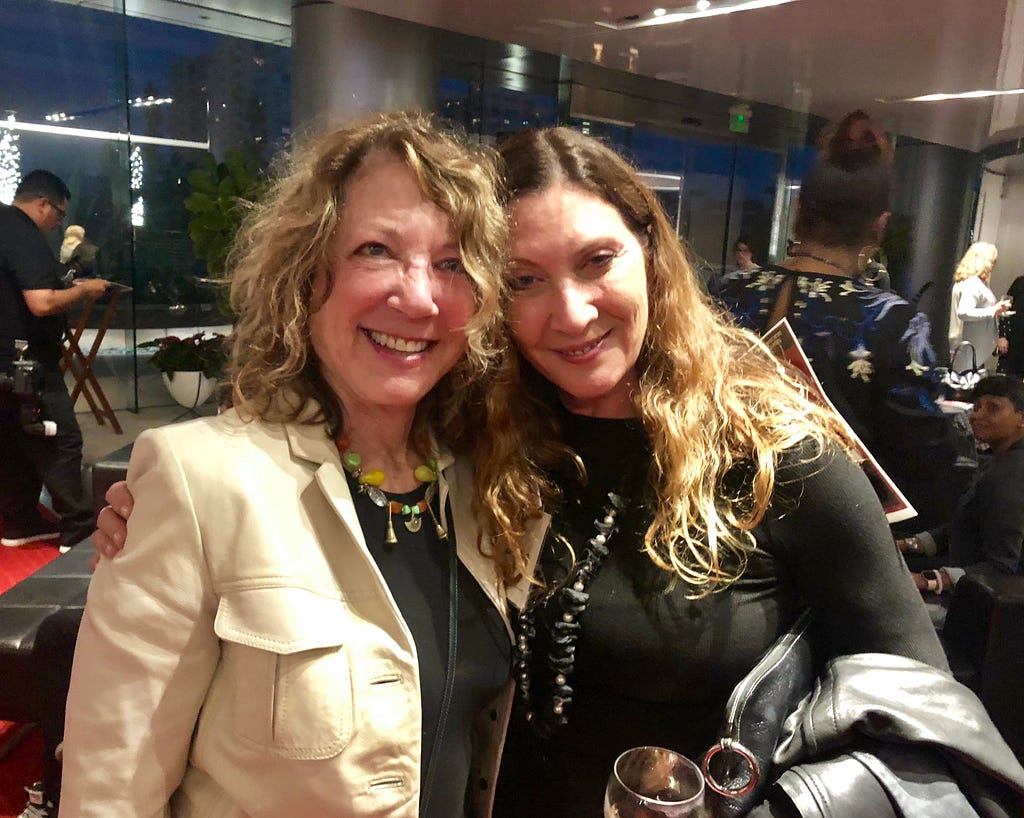
Sisters in Courage film-maker Donna Deitch and Event sponsor Suzanne Lerner,
CEO
of Michael Stars
5. Arrive early and greet each person as he or she comes in with informal banter. Connect with people genuinely.
6. Practice your power pose before the meeting to boost your confidence, take up your full space, and look people in the eye.
7. If none of these work, call the offenders out. Do this without acrimony, privately at first and publicly if you don’t get gratification. And be sure to know what your ask is that will result in gratification. But don’t do it till you have lined up your supporters. In my situation, this is where I’ll have to start.
Your voice is powerful. Your ideas deserve to be heard. Your work deserves to be recognized as yours. Don’t settle for less.
GLORIA FELDTis the New York Times bestselling author of several books including No Excuses: 9 Ways Women Can Change How We Think About Power, a sought-after speaker and frequent contributor to major news outlets, and the Co-Founder and President of Take The Lead. People has called her “the voice of experience,” and among the many honors she has been given, Vanity Fair called her one of America’s “Top 200 Women Legends, Leaders, and Trailblazers,” and Glamour chose her as a “Woman of the Year.” As co-founder and president of Take The Lead, a leading women’s leadership nonprofit, her mission is to achieve gender parity by 2025 through innovative training programs, workshops, a groundbreaking 50 Women Can Change The World immersive, online courses, a free weekly newsletter, and events including a monthly Virtual Happy Hour program and a Take The Lead Day symposium that reached over 400,000 women globally in 2017.
